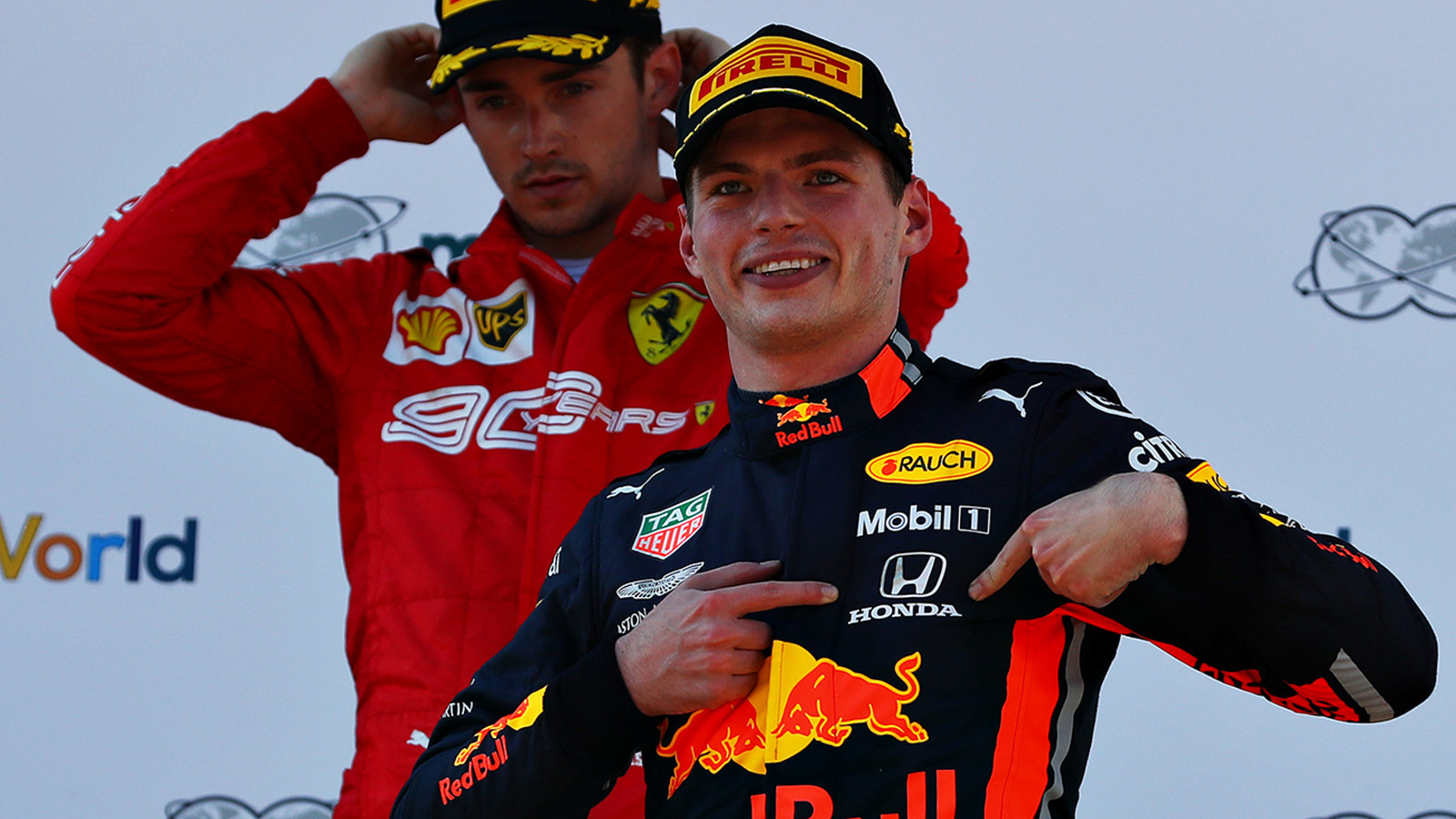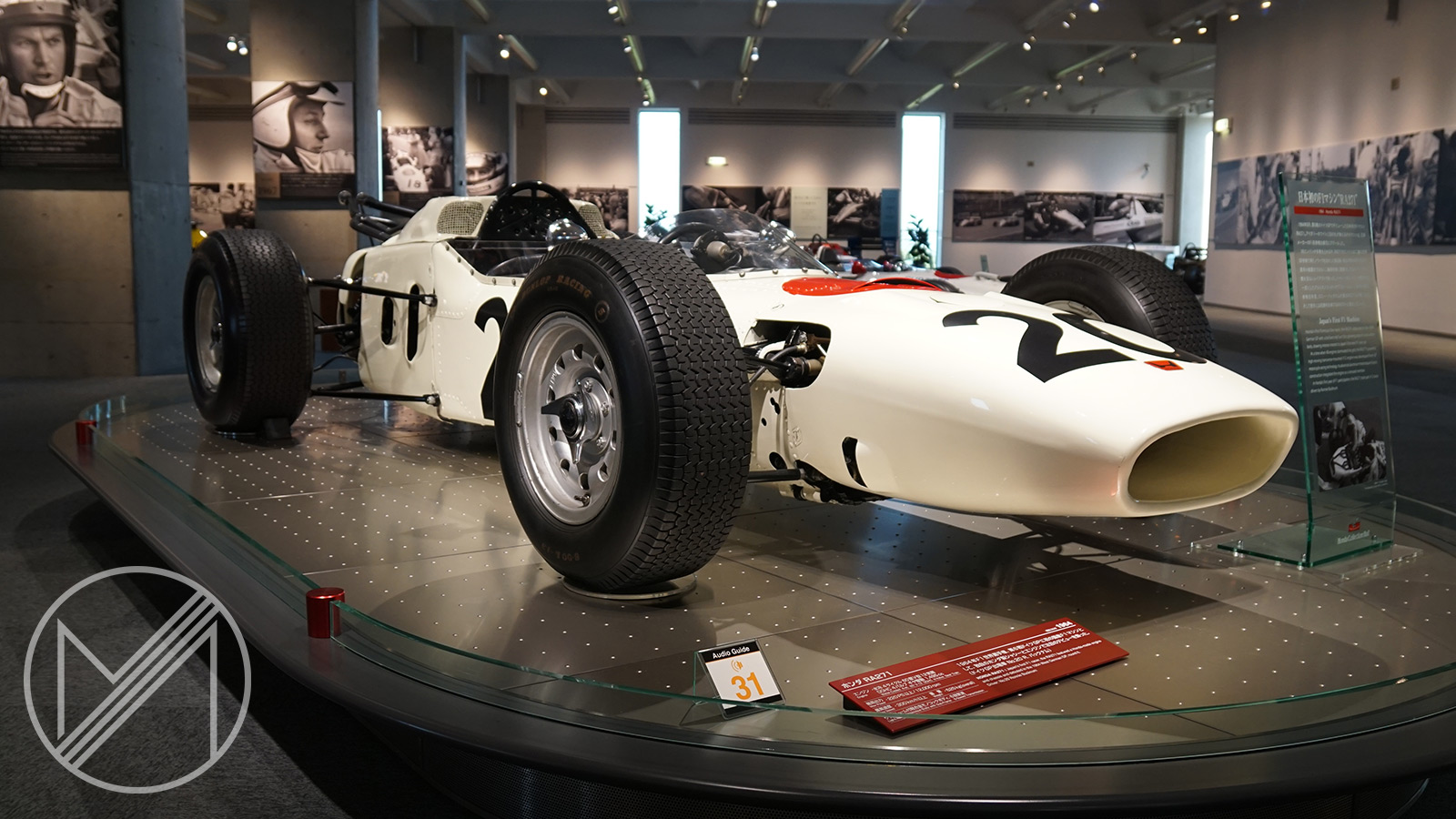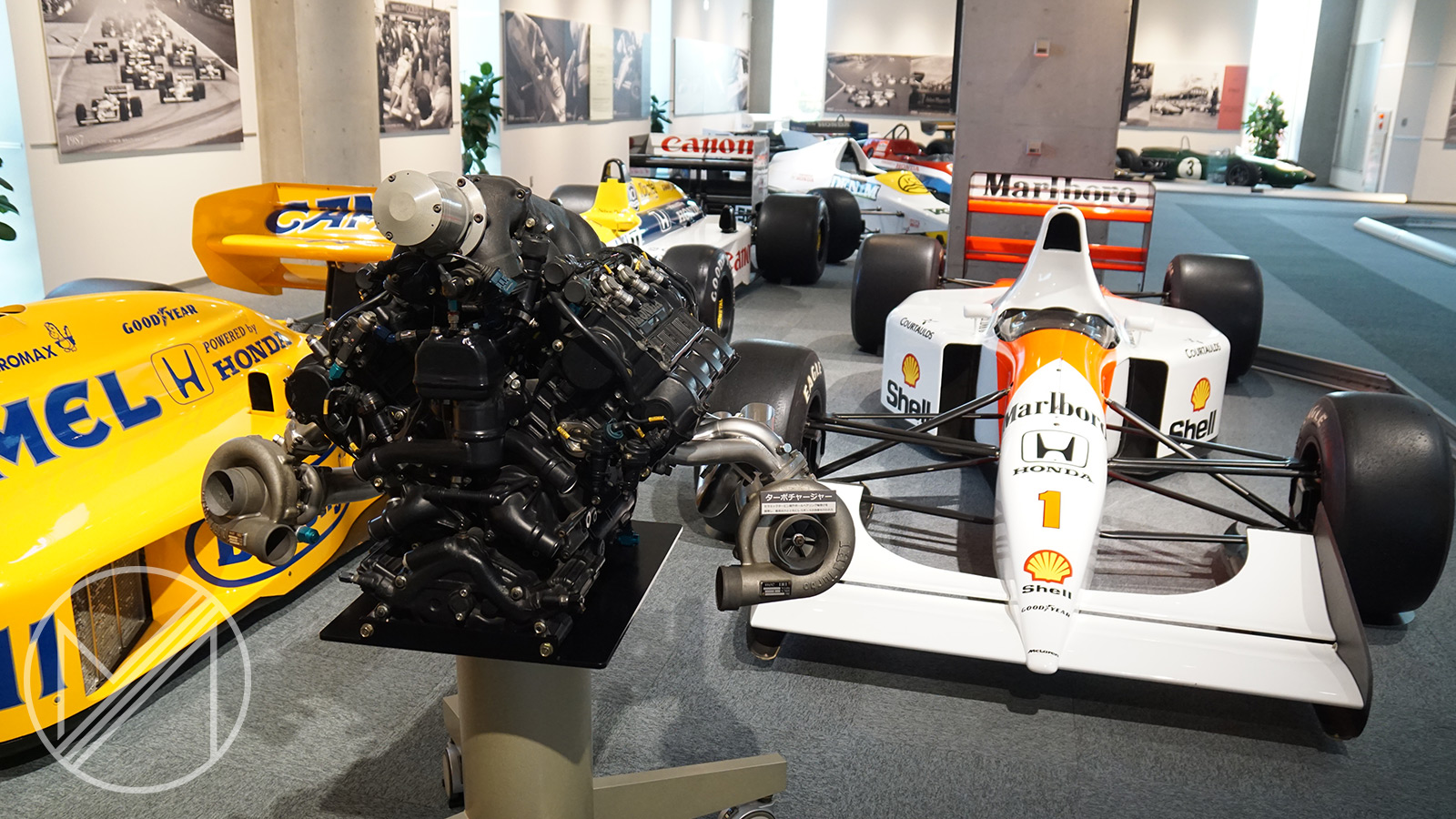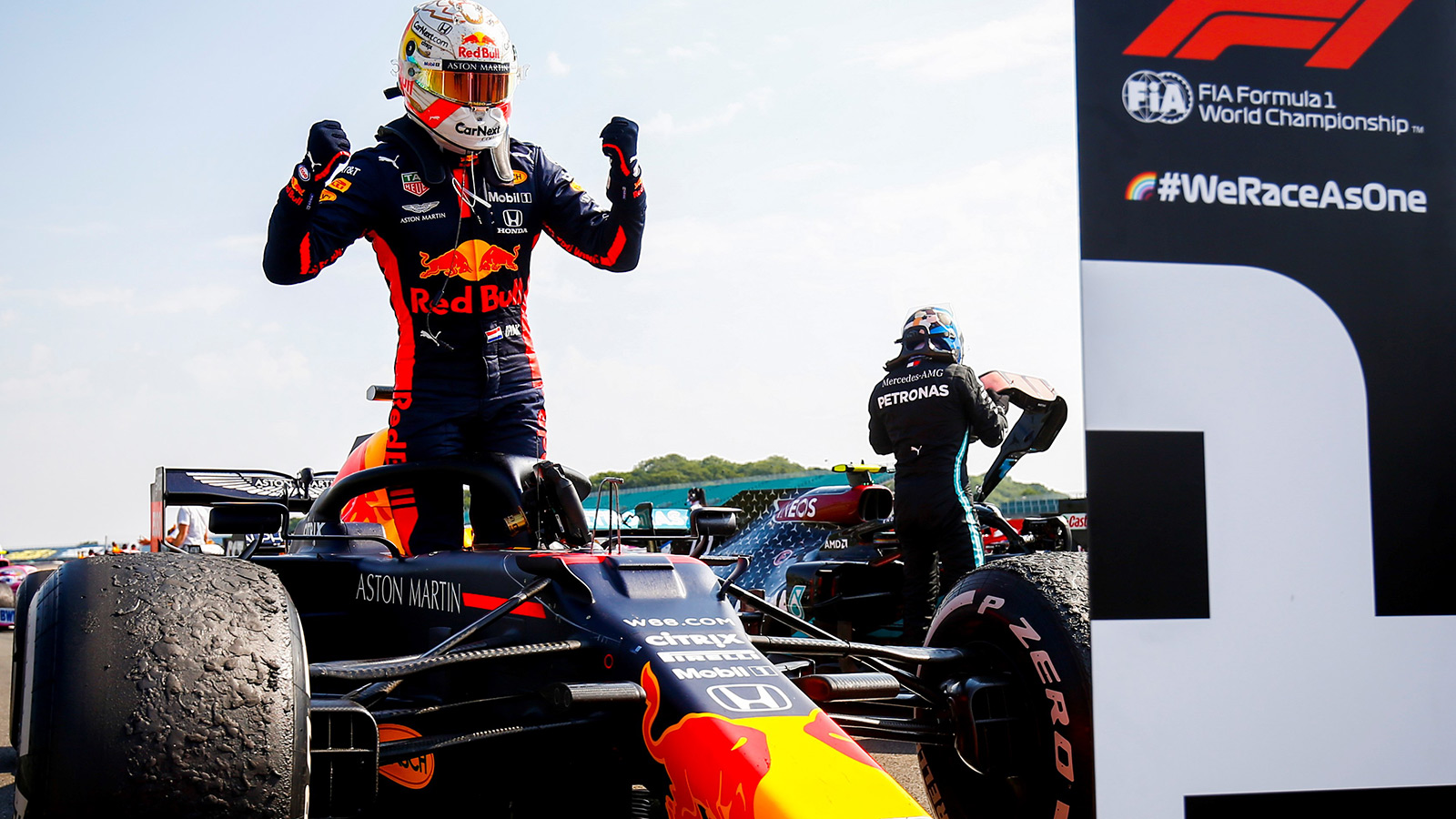Though slapped together at the last minute, Formula One’s 2020 season isn’t short on drama. And if you are here for the drama, the biggest newsmaker isn’t to be seen on the track. Instead, it is happening behind the scenes following the announcement of Honda withdrawing from Formula One at the end of the 2021 season.
” Once in 100 years period of transformation”

According to Honda, the decision was motivated by a realignment of priorities due to…you guessed it… “a once-in-one-hundred-years period of great transformation” in the automotive industry. Already the company is trying to “electrify two-thirds of its global automobile unit sales”. Adding to that, Honda wants to reallocate more of its resources towards the “realisation of carbon neutrality by 2050”.
Moving away from supplying Formula One engines, Honda will be focusing on future fuel cell and battery vehicle technologies. Earlier in the year the company has created a new division, called the Research Excellence, power Unit & Energy, which will also apply its lessons learnt from Formula One.
No reason to quit

This news comes as a shock to the sport as there seems to be little reason for Honda to withdraw. Currently, the Red Bull-Honda partnership is the only thing standing in the way of a Hamilton-Mercedes clean sweep. More perplexing is that Honda would be quitting just as the sport’s new budget caps will come into full effect.
Furthermore, it isn’t as though Red Bull Racing and Scuderia AlphaTauri’s performances have been disappointing as of late. As far as the 2020 season is concerned its engines are considered the second-best on the grid. And it is the only V6 Hybrid engine supplier to have won with two different teams on top of that.

In addition to that, it isn’t as though Honda is dialling back on its other motorsports ventures. The company’s engine supply deal for IndyCar is still ongoing. So too are its commitments to the TCR series. And it is all hands-on deck in MotoGP.
Even with all its resurgent form in Formula One, Honda is far from fulfilling its championship ambitions. And for many, that is where the rubber hits the road. As it stands, no other team has come close to threatening the Mercedes-AMG F1 outfit’s dominance.

Even when the competition gets close, Mercedes just goes into overdrive and readjusts the goalposts. The significant performance advantage that Mercedes enjoys makes Honda’s trophy tally look more to be the result of Max Verstappen superhuman ability than the raw performance of its engines.
The struggle for relevancy

It goes without saying that Honda’s coming departure has left Red Bull Racing and AlphaTauri in a spot. The question on everybody’s mind is to whom the two teams will turn to for an engine supply deal. And this conundrum reveals more vulnerabilities with Formula One than it does with Honda or Red Bull itself.
The problem Formula One faces has much to do with “relevancy”. Spurred on by declining viewership during the dominance of the Schumacher-Ferrari era of 2000-2004 Formula One’s organisers has been on a mostly futile attempt to make the sport relevant for manufacturers to justify its million-dollar annual spend.

This, of course, led to the adoption of downsized engines and complicated Turbo V6 Hybrid power units. All of which hasn’t done much to make the sport more “relevant” to both viewers and manufacturers. Instead, it had done quite the opposite.
When the blown V-sixes first appeared in 2014, many fans were critical of the turbochargers sapping the engine’s thunder. On the manufacturer’s side, budgets for developing the hybrid systems shot skywards. Only for all of it to be rendered moot as Mercedes-AMG emerged with a package that dominated like no other team in the sport’s history.

Six seasons on and nobody seems to be anywhere close to the performance of the Mercedes-AMG engines from Brixworth. This has created many unhappy paymasters in the manufacturer leagues. Honda being one of them, as it continues to reap huge tangible monetary rewards and intangible brand-building opportunities from its IndyCar, TCR, and MotoGP successes.
Down to three

Honda’s departure will also leave a huge question mark on Red Bull Racing’s prospects. With only three engine suppliers on the Formula One grid from 2022. That sounds like no big deal. The turbo hybrid era did begin with three suppliers – Mercedes, Ferrari, and Renault – after all.
Trouble is, back then Renault wasn’t a works team as it is now. This makes any engine supply deal to potential championship-contending teams a jarring conflict of interest.

Renault, which will be racing as the Alpine F1 Team for 2021, will not want Red Bull Racing interfering with its championship chances. Especially after the two parted ways acrimoniously in 2018 and Red Bull still being a force to be reckoned with.
In the end, that decision might not be up to Renault. Regulations stipulate that an engine supplier with the fewest teams must provide an engine deal for a team in need.

By the looks of it, Red Bull Racing, and possibly Scuderia AlphaTauri, might have to get back together with Renault. Considering that Mercedes will be supplying the maximum of four teams in 2021, and a Ferrari deal deemed unlikely. At least for the Red Bull Racing team.
More unlikely is that the two Red Bull backed teams will be able to find a new manufacturer by 2022. With electric cars catching on and the world charmed by the performance potential of electric drivetrains, it is increasingly hard for manufacturers to justify the sport’s costs.
Big shoes with no one to fill

It isn’t as though there are a lot of candidates out there with a tangible connection to Formula One and cash to spare. Other big-name manufacturers like BMW, Toyota, and Ford had sunk massive amounts of money with little to show. These companies are unlikely to go at it again, especially in light of Honda’s troubled gestation.
Porsche, and to an extent the Volkswagen Group, looked to be the most likely candidates at one time. For a while, the executives at Wolfsburg were looking at entering Formula One via a Red Bull partnership, or buyout. A plan which was torpedoed quickly by the Dieselgate scandal.

The fallout from the scandal forced Volkswagen to reform its business to refocus itself on electric powertrain development. This, in turn, signalled the end of Audi and Porsche’s costly Le Mans programme, and its move to the cheaper Formula E electric racing series.
Honda’s chequered Formula One history

Honda is one of the only automotive giants in the world that has a history of participating in Formula One, and the will to fund such ambitious projects. Even so, its participation was always at the whim of the company’s financial wellbeing.
Honda has had two notable periods of involvement in Formula One. For a short period between 1964 and 1968, the fledgling company became the first Japanese carmaker to win a race in Formula One. It would then return as an engine supplier from 1983 to 1992, winning six constructors championships with Williams and McLaren.

Many fans would remember the Honda name fondly for these two periods of Formula One. What many won’t realise is that the motivation behind these two events was driven by vastly different circumstances. Its 1960s attempt was driven by the company’s early engineering curiosity and ambition. Whereas the 1980s successors were supported by the fruits of Japan’s economic miracle. It can be argued that Honda is in no position now to justify a Formula One spend.
Both attempts, and the short-lived Honda Racing F1 works team of 2006-2008, were killed off by economic forces. First, by the company’s difficulty to sell cars in the United States, then the collapse of the Japanese asset price bubble, and more recently by the Great Recession.
Honda might not be alone in its withdrawal

Looking at the current state of the automotive industry, the road ahead for Honda is anything but smooth. A pandemic might be squeezing everyone’s pockets, but it isn’t entirely to blame. Honda was already cutting its annual profit and global sales expectations before the close of 2019. Not to mention the company needs to pull off a product offensive to make up for lost ground in the electric car market.
Honda’s future direction in the sport is certain, it’s on the way out. Not quite as certain is the future of Mercedes-Benz and Renault. Even before Honda’s announcement, questions were already circulating over Renault’s commitment to Formula One amidst troubles brewing within the Renault-Nissan-Mitsubishi alliance. Not to mention the many rumours of Mercedes-Benz themselves pulling the plug on its Formula One project.
It has become nearly impossible for manufacturers to justify investing in Formula One with today’s restrictions on development and reliability. Not least the idea of going all-in with a full-on works operation.
The future of Formula One?

Motorsports magazine columnist Mark Hughes envisions a possible future where Formula One teams were to return to the ownership of billionaire businessmen rather than giant corporations. And it is a very appealing idea.
Formula One’s history is rife with examples of entire operations being brought down by corporate meddling. Look no further than Jaguar Racing, Toyota Racing, and even Ferrari itself as an example.

Considering the financial power today’s billionaires can wield, and the forthcoming budget caps, it might seem that the days of works giant corporate-works teams are fast approaching an end. The future might comprise of independent teams and engine suppliers. A relationship that has worked for decades before the Schumacher/Ferrari dominance.
At the end of the day, it wasn’t powertrain relevancy or environmentalism that got people talking about the sport itself. Instead, the sport only gained more attention and relevancy when it opened itself to online platforms like Netflix and YouTube. An ironic result from Formula One’s new owners, Liberty Media, which reversed Bernie Ecclestone’s exclusionary paid TV service practices. Who would have guessed?

